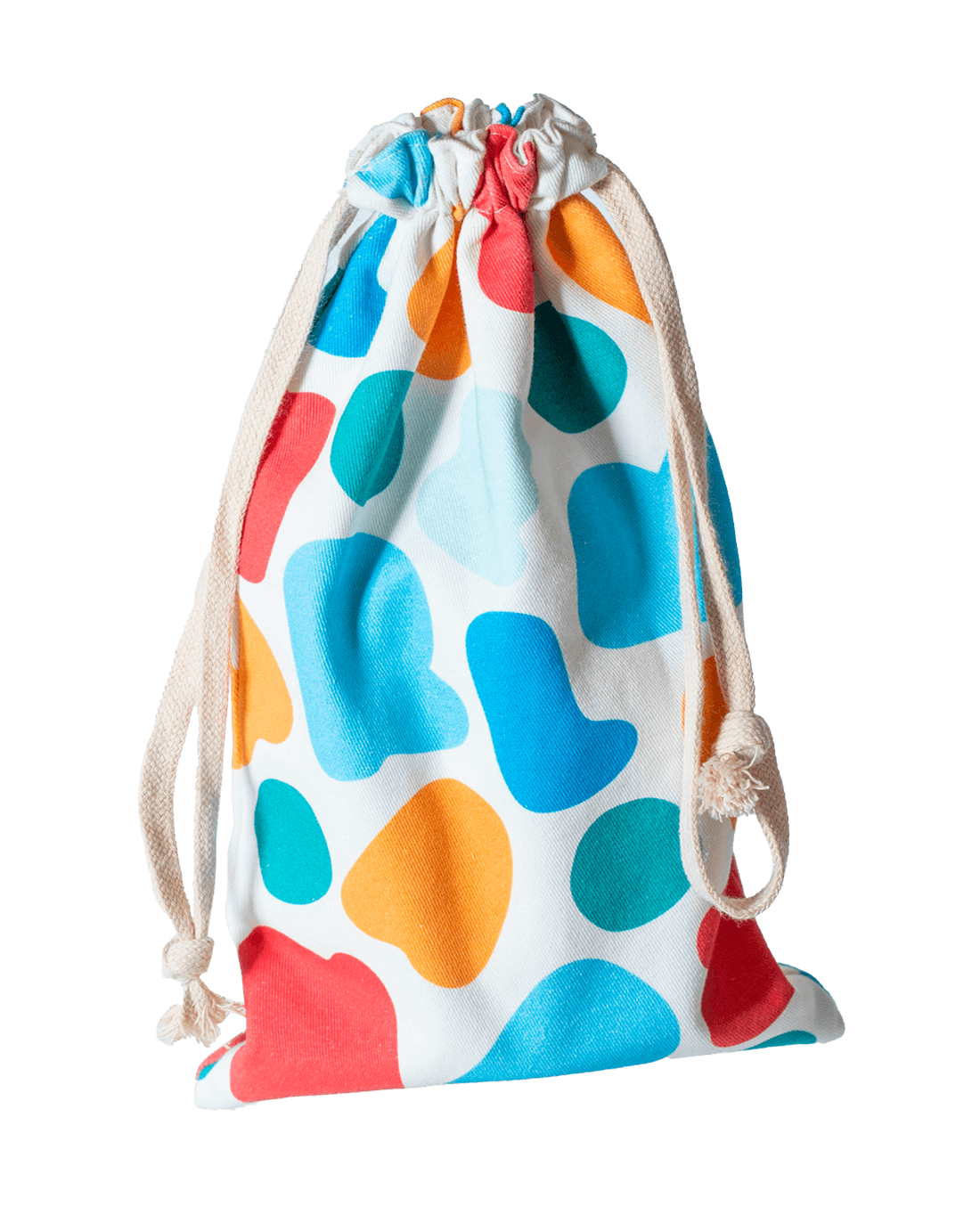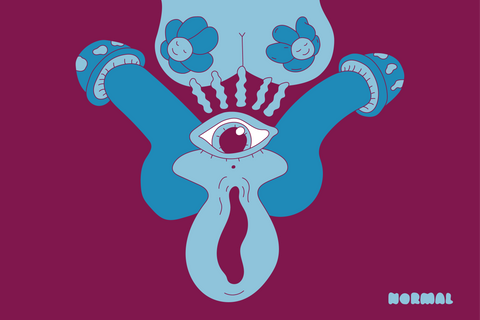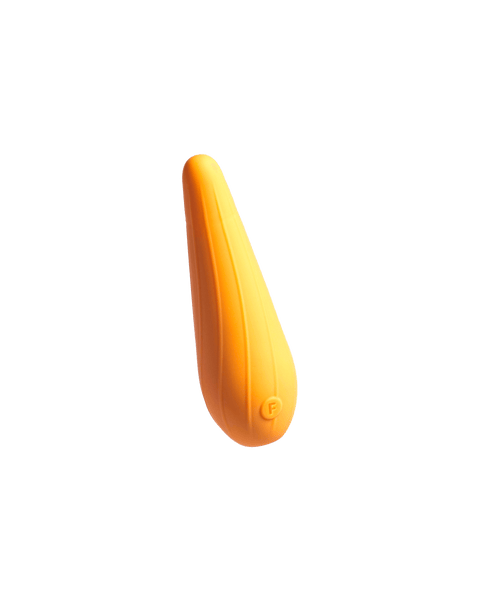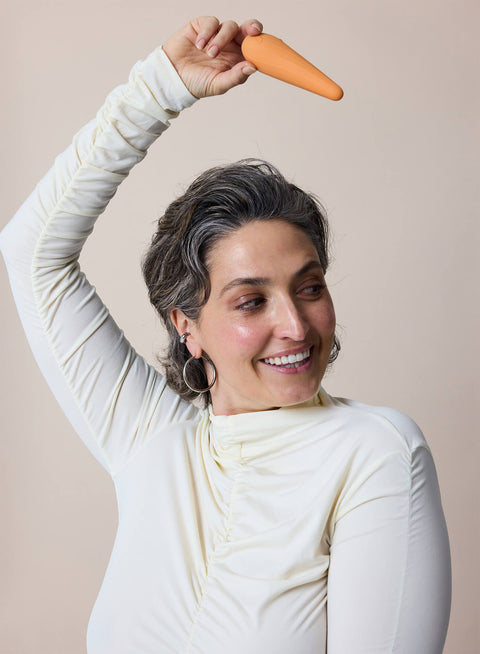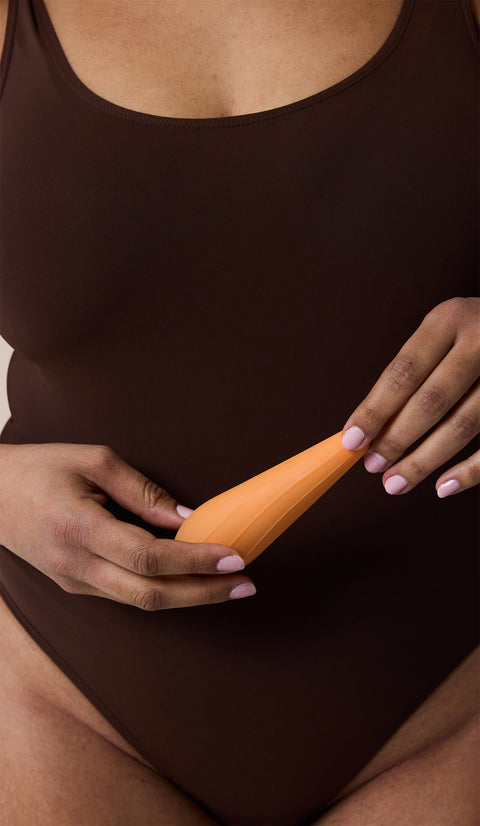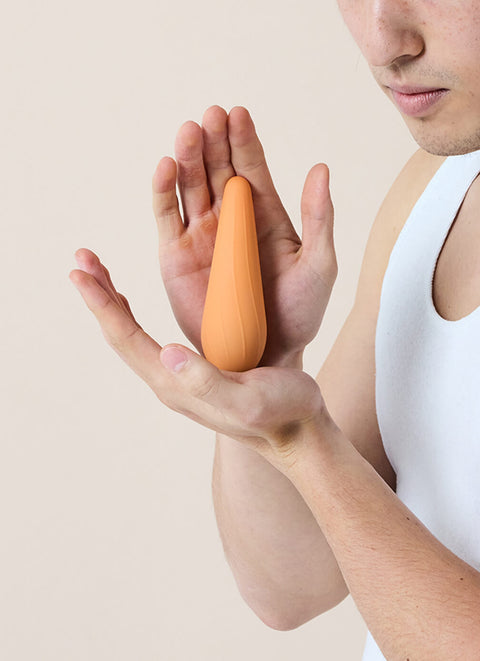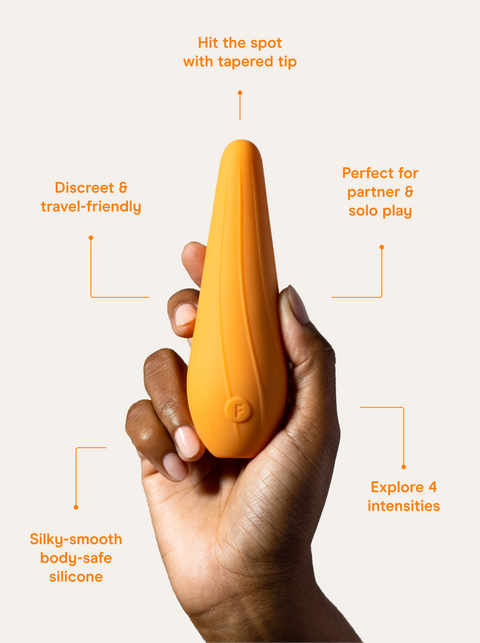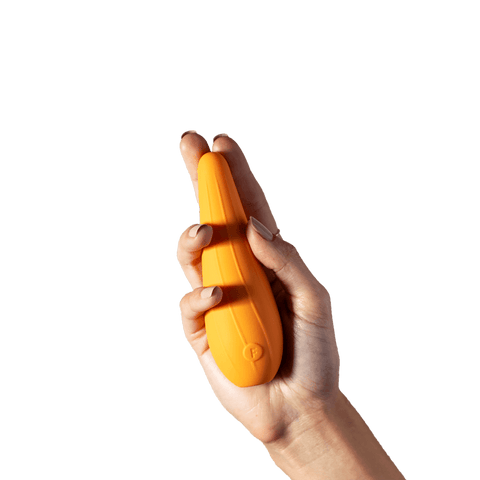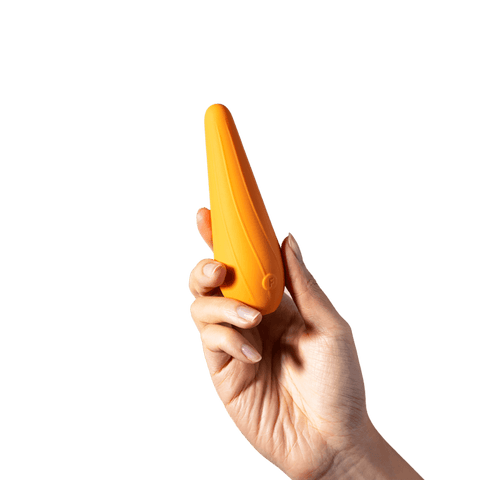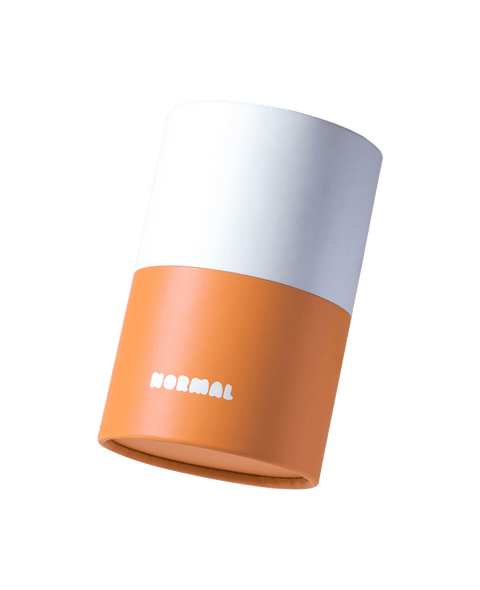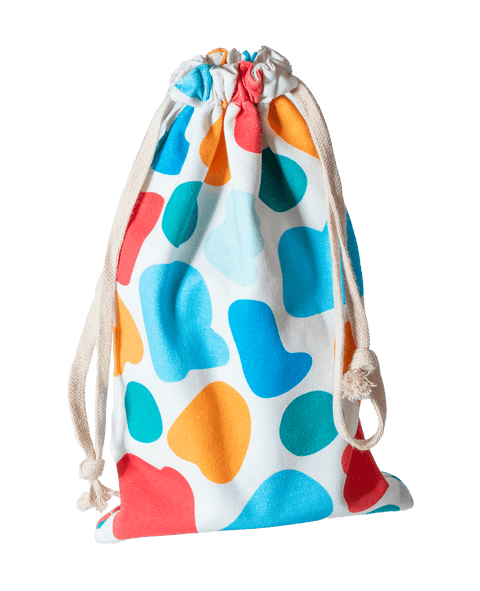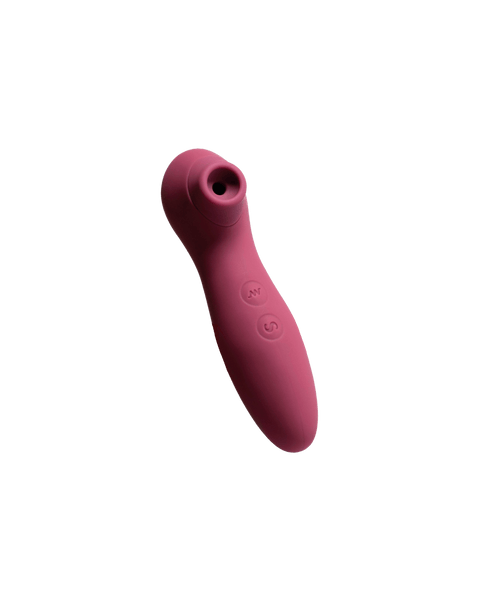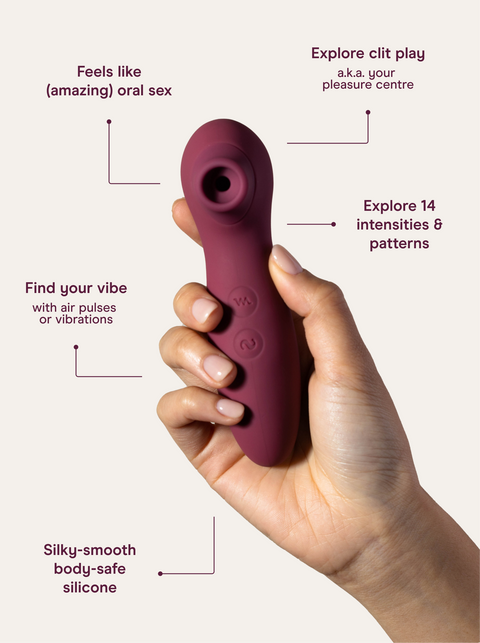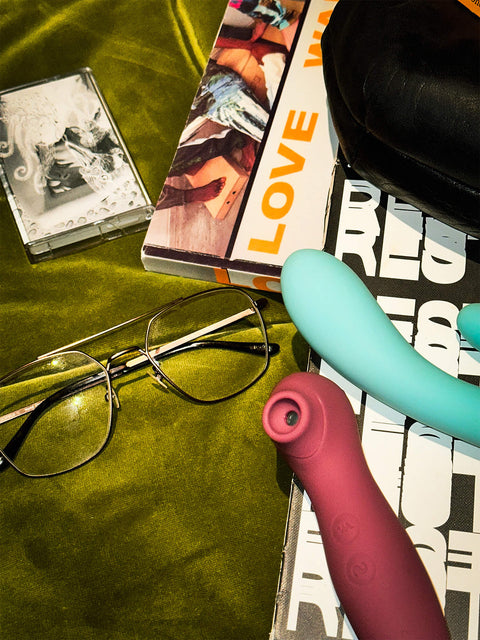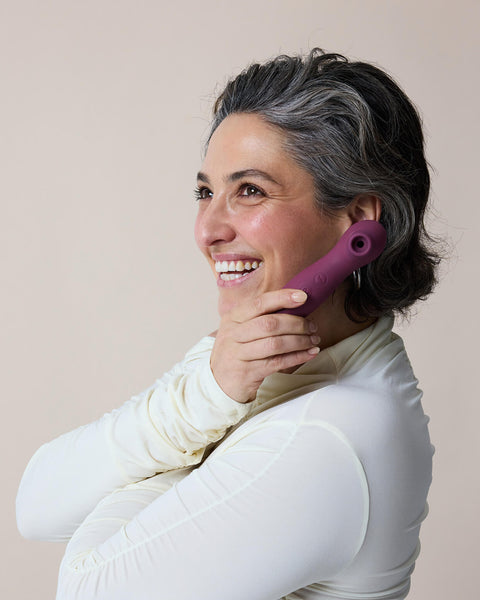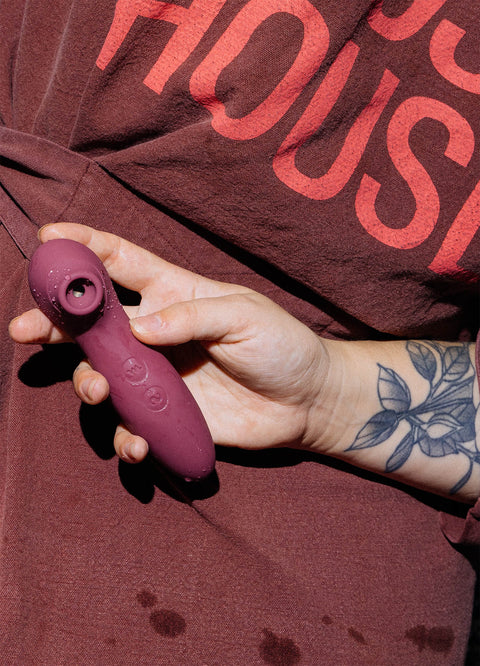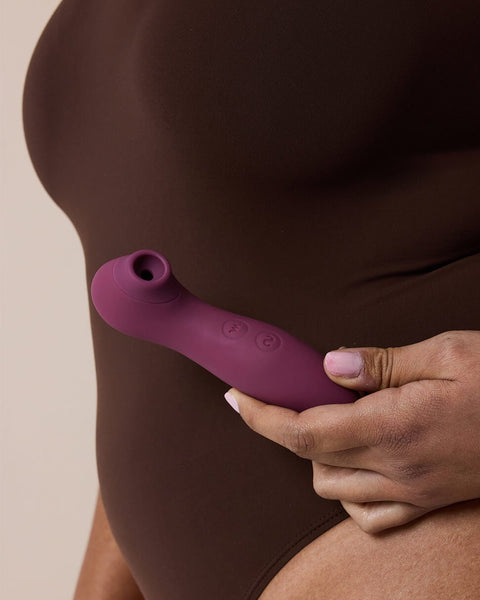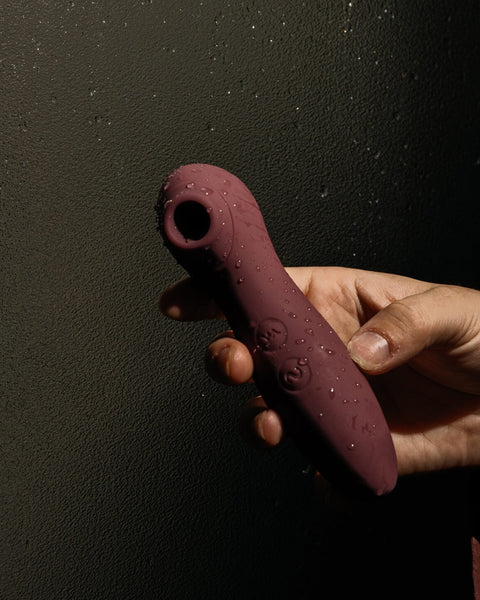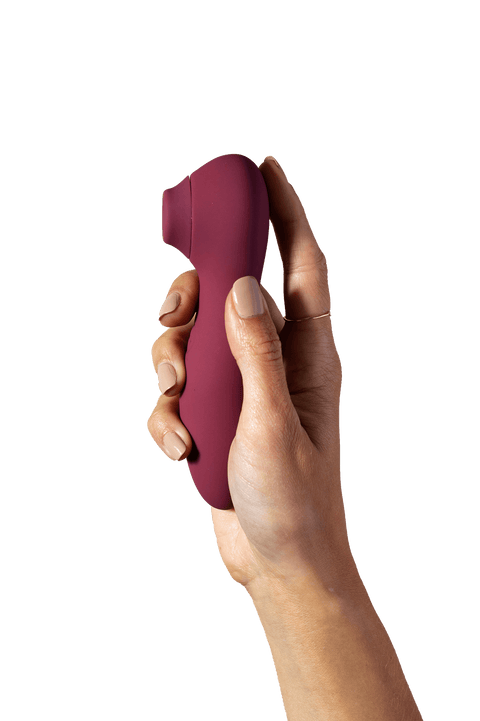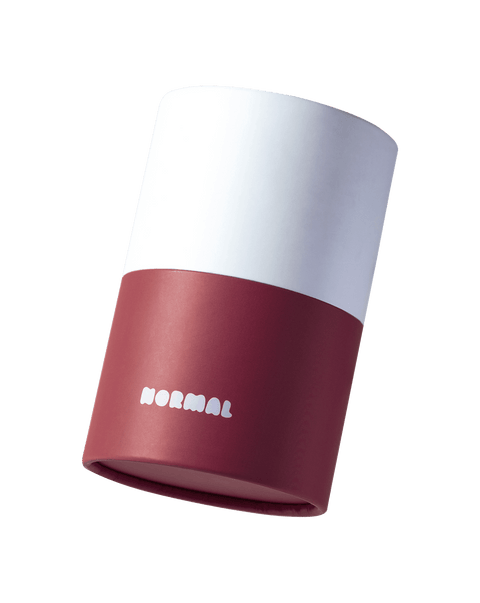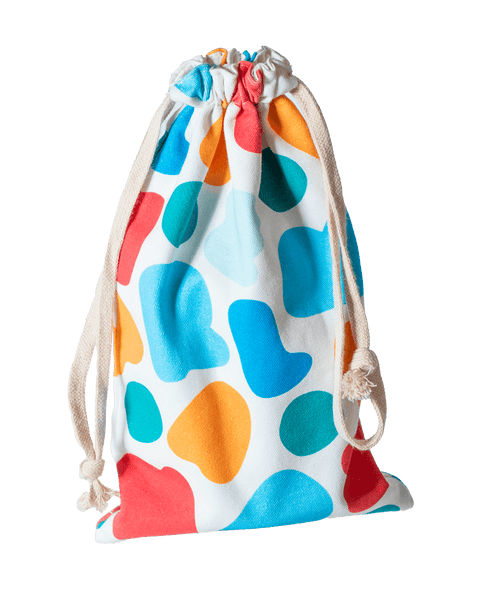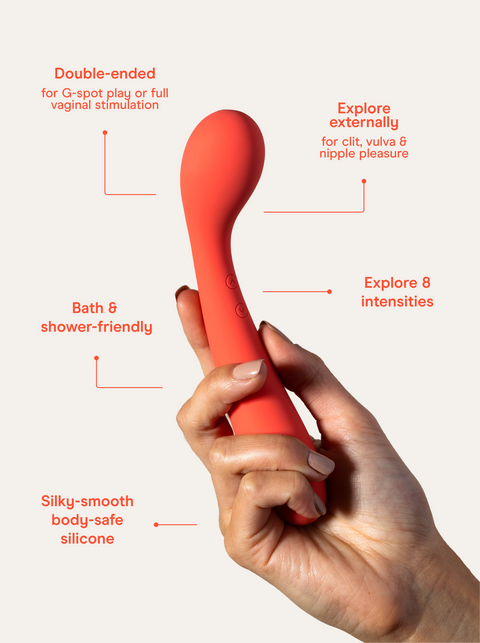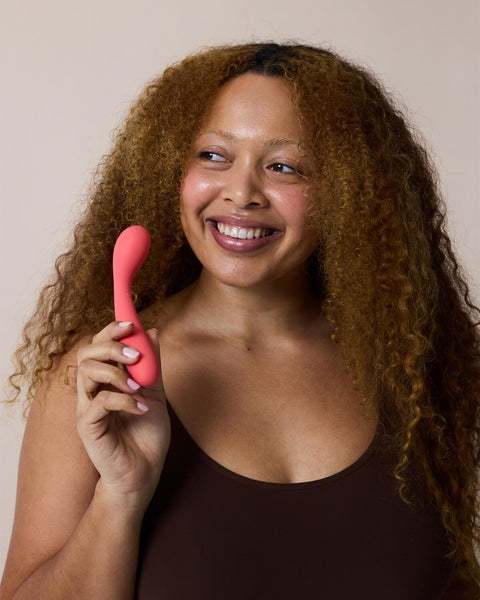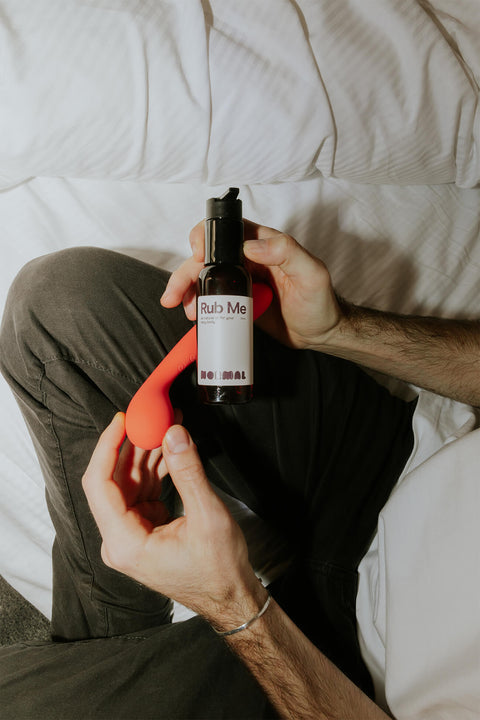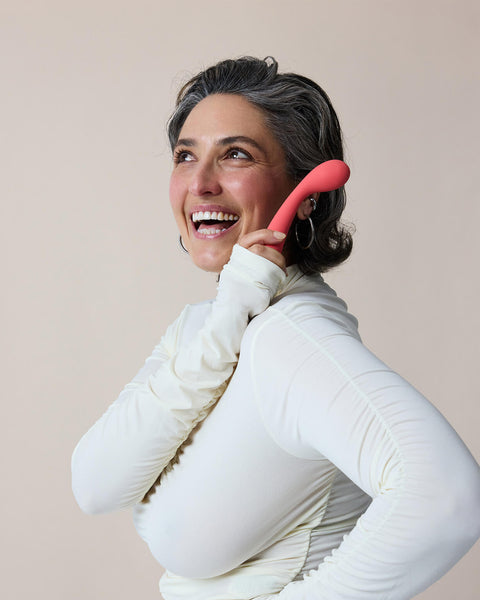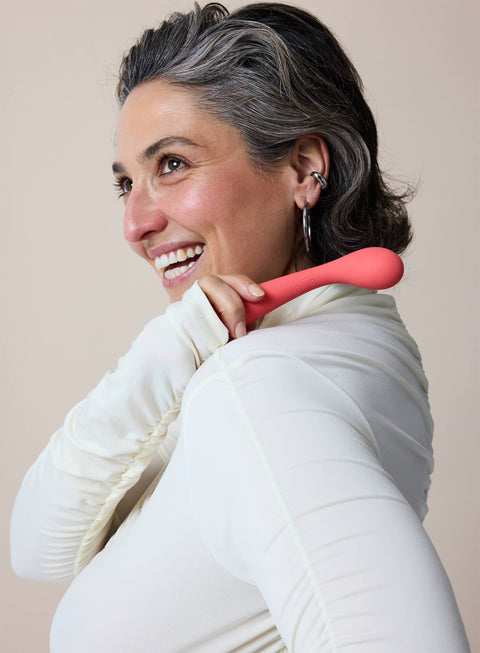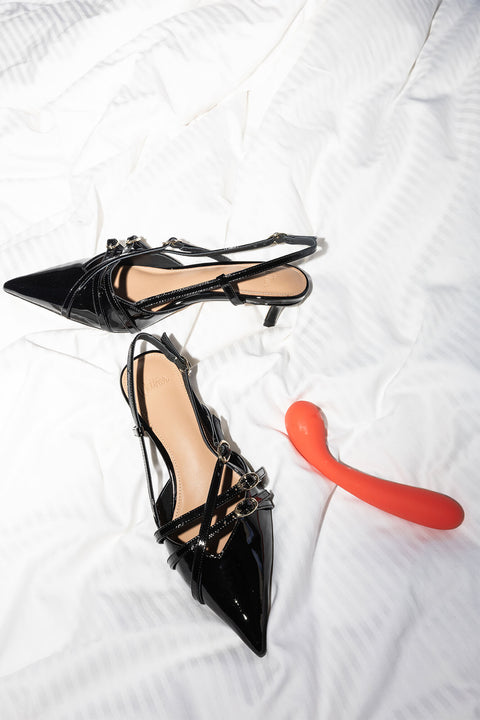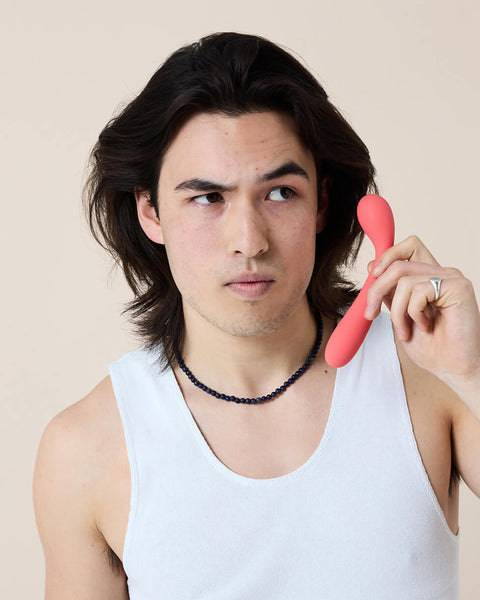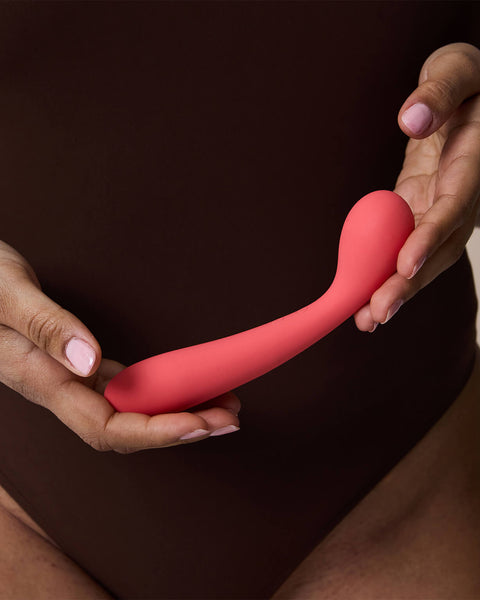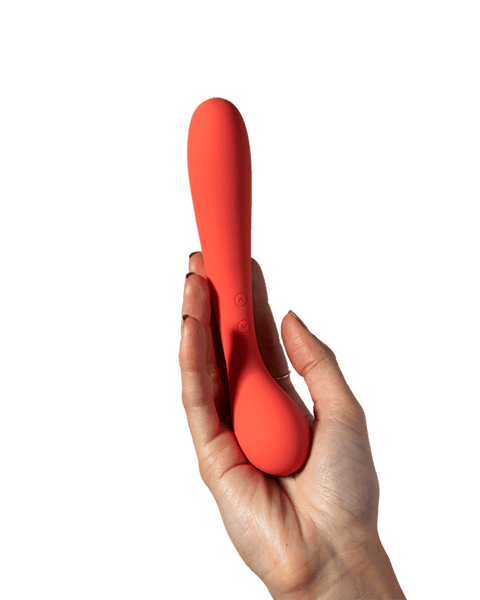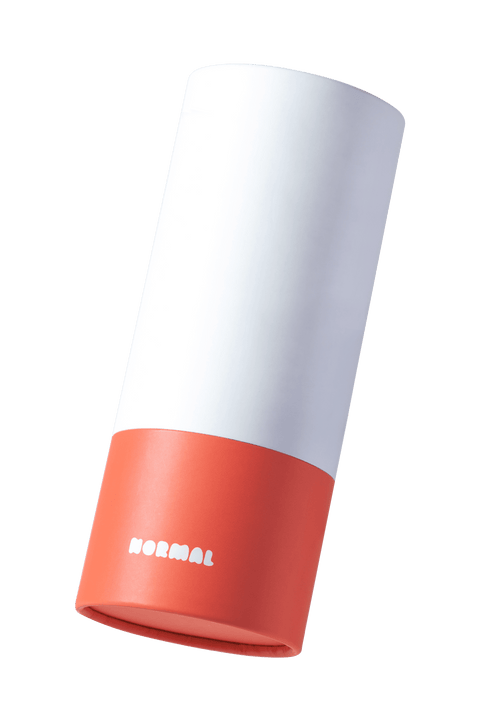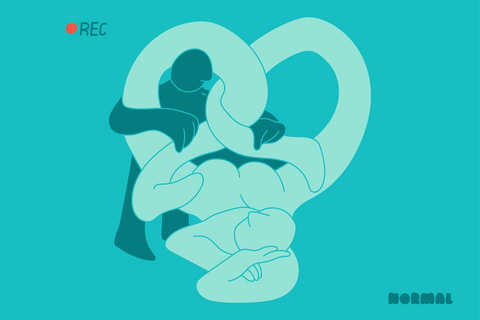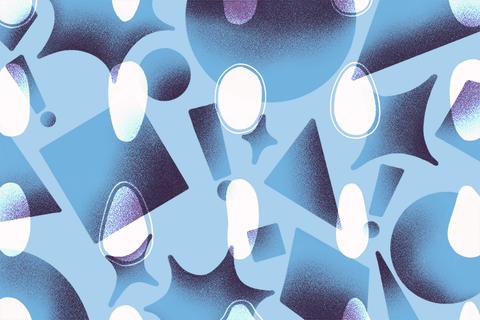A few months ago, the Australian government moved to recognise psilocybin—often known as ‘magic mushrooms’—as a treatment for some forms of depression and PTSD.
This is a pretty big deal, because although psychoactive drugs like psilocybin and MDMA have been studied by scientific researchers for decades and suggested as treatments for all sorts of conditions, these drugs remain criminalised in almost every part of the world.
Although we’re not about to encourage you to go out and do anything illegal, we are anecdotally aware that many people experiment with these substances and that a lot of people are interested in how psychoactive drugs can be used during sex and intimacy.
So today we’re going to explore how these drugs can make us feel, what the existing research says about sex and psychedelics, and what you need to be aware of if you choose to use these substances.
Sex on psychoactives—it’s a big topic! Strap in and let’s explore it.
***
Basically:
- Psychoactive drugs have been used extensively throughout human history, but only studied for the last few decades
- Some research indicates that people can experience lowered inhibitions and greater sexual connection while using psychoactives
- No drug is ever truly safe to take outside of a clinical setting
Before we get started, we want to stress that psychoactive drugs such as magic mushrooms, MDMA, and LSD—among others—are illegal in Australia outside of some very specific clinical uses. We also want to make it clear that drugs and other substances purchased and used outside of a clinical setting may not be completely ‘pure’, which means they may be weaker or stronger than expected, produce reactions that are different to what you wanted, or contain other substances—some of which may be harmful or fatal to take. The only safe way to use drugs is to not use them at all.
***
When we talk about psychoactive drugs, we’re talking about anything that can change your state of mind or sense of perception.
Some common psychoactive drugs include MDMA, LSD, magic mushrooms or psilocybin, and DMT. Psychoactive drugs have been studied throughout the latter half of the twentieth century, although they’ve been used for far longer—author David E. Nichols writes that their usage actually “predates written history”. Pretty fascinating, right?
Although each of these drugs can have different effects, the Alcohol and Drug Foundation of Australia writes that some of the most common effects of psychoactive drugs are:
- Feelings of euphoria, or intense happiness and joy
- A sense of relaxation
- Hallucinations: seeing, hearing, and feeling things that aren’t there
- Clumsiness
- Blurred vision
- Rapid heartbeat
Some people find these effects to be pleasant and enjoyable, while some don’t. There is no way to know, when taking a drug, exactly what its effects will be—it’s important to keep in mind that many psychoactive drugs can produce unpredictable or unexpected effects.
A lot of people who choose to use psychoactive drugs also talk about the ‘set and the setting’ and the impact both of those things can have on your experience with a drug. This is something that we think is really important to keep in mind when using any substance that can affect your perception or mood—including alcohol!—so we’re going to unpack it here.
Set: the ‘set’ refers to a person’s mindset. Your mindset can have a big effect on your experience with substances—if you’re in a generally happy mood and feeling positive, you may have an easier or more enjoyable time using a substance. Similarly, if you’re feeling upset, angry, or blue, you may have a more difficult time.
Setting: the ‘setting’ is the space in which you take a substance. A lot of psychoactive users prefer to use substances in a setting that is quiet, calm, and controlled—a setting that’s loud, unpredictable, or full of strangers might produce some feelings of nervousness or uncertainty, which could lead to an unpleasant experience.
***
So, what do we know about psychoactive drugs and sex?
Let’s take a look at the science:
- One review in the International Journal of Mental Health found that some people have reported psychoactive substances producing aphrodisiac effects, although only at low doses. The same study also cautioned that some psychoactive drugs can cause lowered inhibitions, which can in turn lead to ‘risky’ sexual behaviours.
- A survey conducted in 1986 (vintage!) found that among individuals who used MDMA, a small percentage of them did feel open to sexual behaviour that they wouldn’t otherwise have been interested in. Some people reported being open to threesomes and group sex, while others said they were interested in new positions and even different genders than normal.
- In Sexual and Relationship Therapy, a psychedelic-integration psychotherapist discussed the potential use of psychoactive drugs as part of a treatment for people who have experienced sexual trauma. Although this article didn’t include any studies or surveys, the psychotherapist writes very beautifully about their hope for future developments in their field. “As providers of psychedelic integration psychotherapy, we can continue to introduce the conversation, provide the framework and permission, and hold space for our clients to heal these most deeply felt wounds by connecting profound transpersonal experiences to spiritual growth and healing.”
- In the same journal, Sexual and Relationship Therapy, a study was published about microdosing psychoactive drugs during couples therapy sessions. The study surveyed four individuals, and found that after taking psilocybin they reported feeling more satisfied in their relationship, having more sexual energy, experiencing a greater sexual connection, and feeling more mindful.
All of this sounds pretty positive, and we have to say that we’re really keen to keep up with future developments in the world of psychoactive research and to hear about how scientists and medical professionals are continuing to explore these substances.
While we do still want to stress that we don’t encourage anyone to take drugs, we know that many people make their own choices about substances. If you or someone you know are considering using psychoactive drugs, we urge you to keep the following tips in mind:
- Pay attention to your ‘set’ and avoid substances if you feel upset, unhappy, angry, or in a bad mood
- Put some effort into your ‘setting’ and try to create a calm, quiet, and safe environment to stay in for the duration of your usage. Keep some snacks and fresh water close by
- Consider inviting a friend to stay with you, especially if it’s your first time. A ‘trip sitter’ is someone who stays sober to keep an eye on their friends who are using substances—this may be a good choice for you
- Be aware that under the influence of some substances, you may experience lowered inhibitions. If you’re sharing substances with anyone, we recommend having a talk beforehand to be clear about what your boundaries are
- Never be afraid to ask for help if you or someone you’re with is having a bad experience with substances. If it’s an emergency, call 000 immediately and tell the what substances you’ve been using so they can provide you with the correct help
- Remember that the safest drugs to take are no drugs.
